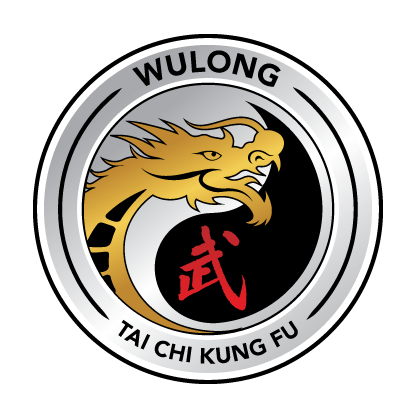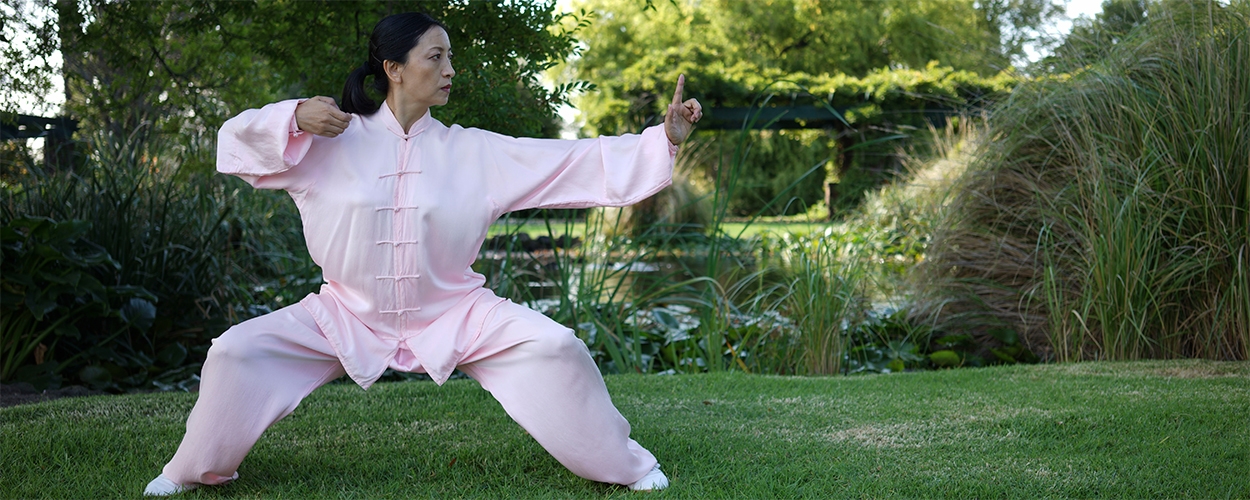Professor Sun Han Xiang (Lily)
Professor Lily Sun has been practicing Wushu (Chinese Martial Arts, including Tai Chi) for over 40 years starting in her local Provincial Sports School in China. In 2016, she was awarded a Chinese Wushu Association 8th Duan in Wushu (9th Duan being the highest). She graduated from Wuhan Sports University in 1984 with a Bachelor of Physical Education specialising in Wushu. Due to her outstanding performance both academically and technically, she was offered a permanent teaching position at Wuhan University, attaining the level of Associate Professor of Chinese Martial Arts before moving to Australia. She was also invited to judge at numerous National Wushu Championships by the Chinese Wushu Association (CWA), and has coached many students to gold medal level both here and in China.
Professor Sun competed in many Chinese National Wushu Competitions receiving numerous awards and accolades including gold medals at the 2nd National Worker’s Games, the 1985 National Wushu Games and at the 1983 Hubei Province Wushu Competition. Despite her personal successes, Professor Sun is very empathetic regarding her teaching style, embracing people who want to compete as well as people who “just want to have fun”. She has published numerous books and theses on wushu and its health benefits, and continues to study the benefits of Tai Chi and Qigong in the broader community.
In 1992, Professor Sun was certified as a National Wushu Judge, one of only two women to be internationally certified in Sanshou (Chinese full combat fighting). She has represented China as a National judge on numerous occasions and has also judged in local championships here in Australia. Professor Sun was the first female judge appointed to represent Australia when she attended the 9th World Wushu Championships in Hanoi, Vietnam as an International Sanshou Judge and won the Outstanding Judge Award for her role as Head Judge at the 1st Singapore International Traditional Wushu Competition.
Professor Sun was the youngest, and one of a very small number of the Wushu community granted a 7th Duan in the first round of national Wushu Duanwei examination in China in 2001. This was also another first for women in Wushu, being one of the first people to be awarded a 7th Duan when the new international system was introduced, and the first person outside of China to receive recognition as an Examiner and Trainer under the CWA’s new Duan Wei System.
In 2016 Professor Sun achieved 8th Duan in Wushu from the Chinese Wushu Association at the Official Duanwei Grading on July 21 in Beijing, China. She was the only master awarded such a high level of Wushu Duan Wei at this international event. Professor Wu Bin (Jet Li’s coach in the Beijing Wushu team), an honourable member and leader of the examination committee, called Lily personally to congratulate her on her 8th Duan award, he told her he had not seen such an impressive show of Piguaquan in recent memory.
Professor Sun now calls Australia home and is happy to hold Australian National Coaching Accreditation certification.





